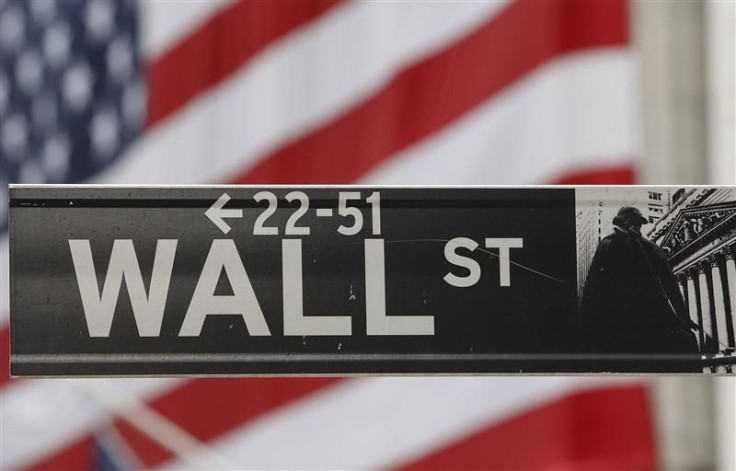Sanders Bill Would Curb Wall Street Energy Speculation

Sen. Bernard Sanders (Independent-Vt.), the feisty consumer advocate, introduced a new bill this week to curb speculation in oil futures.
The goal of the law is to reduce the price of oil and gas to consumers, which he said has escalated in part due to speculators.
Sanders's bill would force the U.S. Commodities and Futures Commission to take certain actions to reduce excessive speculation and strengthen regulatory power.
Wall Street speculators who buy oil futures on mercantile and commodities exchanges have been blamed for driving up the price of oil in the U.S. and worldwide.
The Sanders bill would also give the commission two weeks after the bill is enacted to enforce its new limitations.
Sanders maintains speculation adds to price increases. His bill notes how crude oil inventories rose by 1.3 million barrels without a resulting price drop.
Sanders also cited testimony by CFTC Chairman Gary Gensler that as much as 87 percent of the oil futures market is dominated by speculators.
Nomura Securities estimates non-commercial 'investors' currently have a $31.5 billion long position in the [oil market].
Crude oil futures jumped $1.69 to $107.04 a barrel in afternoon trading on the New York Mercantile Exchange Friday, or about 30 percent above the price in October. Gasoline futures rose a nickel to $3.37 a gallon.
The national retail gasoline price average stayed flat Friday. At $3.88, the price is a nickel higher than a week ago and 33 cents higher last year, the American Automotive Association reported.
Sanders had criticized the CFTC for moving much too slowly earlier this month.
CFTC Commissioner Bart Chilton said in a letter that he had drafted regulatory language that would reel in speculation and its effects on prices.
Clay Pederson, Chilton's special assistant, said last week that the CFTC needed to collect more data.
Energy prices have been a political hot potato, with Republicans using high oil and gasoline prices to discredit President Barack Obama's administration.
Obama this week mounted a counter-offensive, including visits to Cushing, Okla., the staging point of TransCanada's (NYSE: TCP) southern Keystone XL Pipeline, a solar panel plant and other places.
Oil and natural gas industry advocates have used high energy prices to urge the president to open more federal lands to development and exploration. The American Petroleum Institute, funded by the oil industry, contends doing so could help lower global prices by adding to the nation's supply.
Nomura reports speculation started skyrocketing in March 2008, reaching its peak near March 2011 - when speculators held a $40 billion interest in the market.
© Copyright IBTimes 2024. All rights reserved.



















